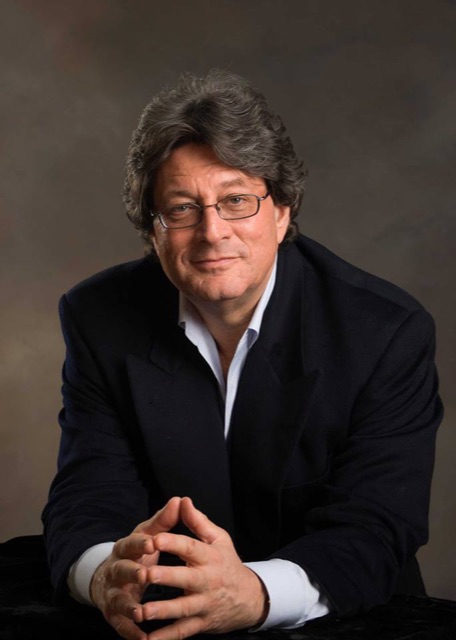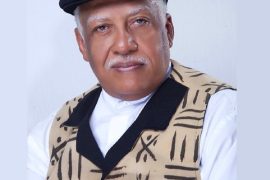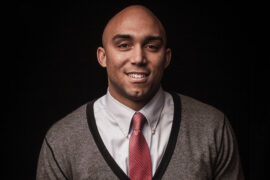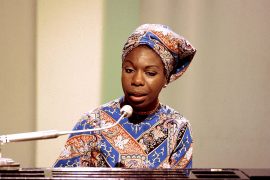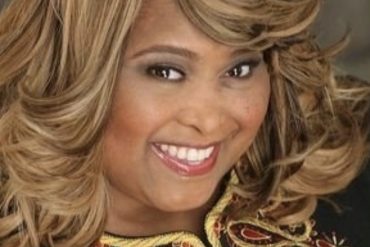‘Paradise Square’ marks the return of producer Garth Drabinsky to a limited, month-long pre-Broadway engagement to Chicago on Nov. 2. Drabinsky is excited to be back on the theater scene as he is one of the most exuberant producers in North America.
Canadian-born Drabinsky graduated from the University of Toronto with a Bachelor of Laws degree and was called to the bar in 1975. He entered the entertainment business as an independent producer in 1978.
Drabinsky is the co-founder of the Cineplex Theatre and created a chain of multiplex theaters for the Canadian market. By 1984, it had acquired the Canadian Odeon Theatre chain, thus becoming Cineplex Odeon, and expanded acquiring several US theatre chains.
Later he formed his own theatre production company Live Entertainment Corporation of Canada, Inc., also known as Livent. The company soon expanded, building and refurbishing several theatres, including the Oriental Theatre in Chicago.
At his peak in the 1990s, Drabinsky produced such Broadway hits – Kiss of the Spider Woman, Show Boat, Ragtime, and Fosse. In addition, Livent became noted for its productions (which earned 19 Tony Awards from 61 nominations).
‘Paradise Square‘ has a distinguished creative team that features direction by two-time Tony Award nominee Moises Kaufman (I Am My Own Wife, and The Laramie Project) and choreography by two-time Tony Award winner Bill T. Jones. The musical features original songs and musical material by Jason Howland, Nathan Tysen and Masi Asare. It also includes songs of Stephen Foster, who was writing and living in Five Points during the era of the show.
Off-Broadway in Chicago, Paradise Square, is the first major pre-Broadway show to open in Chicago after the pandemic shutdown. The musical will play from Nov. 2 – Dec. 5 at the James M. Nederlander Theatre, formerly the Oriental Theatre.
N’DIGO sat down with producer Garth Drabinsky and discussed Paradise Square and his love for Chicago.
New York, 1863. An accidental society held the promise of what America could be…
N’DIGO: How did your latest musical, Paradise Square, come about?
Garth Drabinsky: The original concept came from a lead singer in a Black Irish Rock Group – Larry Kirwan, “Black Forty-Seven.” Larry wrote an initial musical, produced in a small Off-Broadway theater, 60 seats in 2011. The musical was called “Hard Times,” named after a Stephen Foster song.
It’s a story set in 1863. Our story has several common characters that we retained from the original version. I purchased the rights for the play to produce a Broadway play.
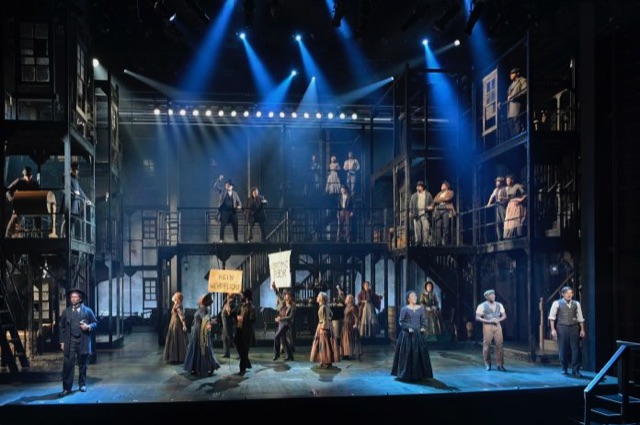
I am attracted to the story of the racial struggles of Black America, and I am deeply supportive of provoking audiences to understand the struggles and raising the issues, and having conversations. The theater is to provoke thought with relevant and profound conversations about those affected so dramatically.
When I heard the story of Five Points that had shockingly maintained racial equity in a neighborhood from recently arrived Irish immigrants and Blacks free-born or those who had migrated north. They were thriving in a neighborhood with deep respect to the point of social involvement in the full sense of the word, with intermarriage in a city that was pro-south supportive of slavery because of the cotton trade. This was a story that needed to be told with music and choreography. The history was clear. These two cultures found each other in a particular way. These elements created a historical setting to come together with a great group of creative people.
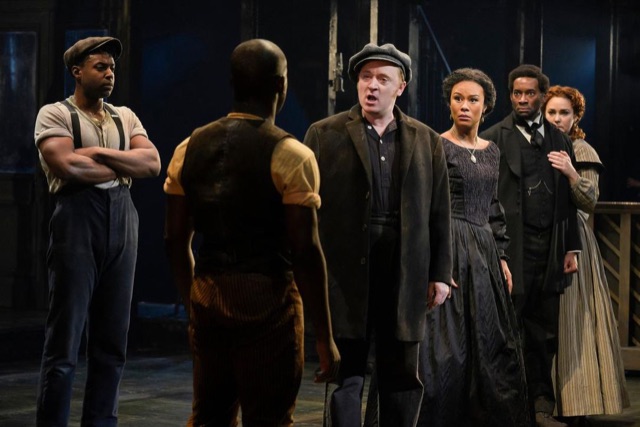
The Irish and the newly freed Blacks were found in a country that was so divided. Clearly, the Irish came from Ireland, escaping in 1845 the Irish Potato Famine. They came through Ellis Island and were considered the lowest rung of the demographic ladder, below the free-born Black Americans. Five Points was a notorious neighborhood, perhaps America’s worst.
What was the notorious Five Point neighborhood like?
It was a cesspool. The name “Tenements” came from this community; it means downtrodden people living in “tenements” 10 people in the room; the English writer, Charles Dickens, came to Five Points, then the greatest cesspool in the world.
Downtrodden people were living tightly. They are forced to either rebel against each other or find commonality within each other. In this instance, an inherited empathy is reflected between the cultures. This occurred before Jim Crow and the laws of miscegenation. Whites and Blacks lived together, loved each other, and intermarried.
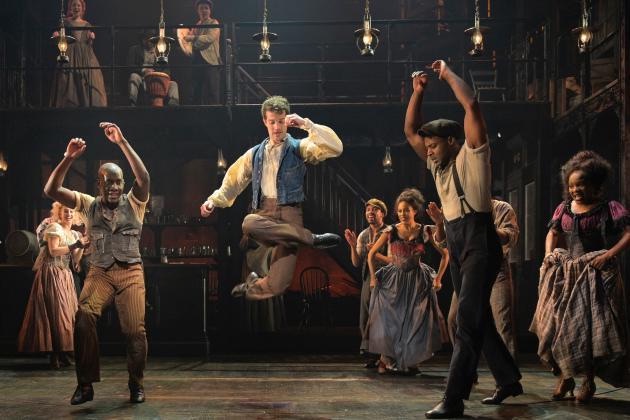
The Irish males came to Five Points with their women. The squalor and the heat of New York repulsed them in summer, plus the lack of employment. The men left their women in Five Points and went upstate New York or to California to pan for gold as they looked for work. So you had a tremendous amount of Irish women left with children ultimately attracted to the African American male. There was a great deal of intermingling after the Irish men left.
You use a phrase to discuss the play – “living in the future.” Please explain.
We use the phrase, metaphorically, “living in the future.” The murder of George Floyd, or Charlottesville of today, proves we are not there yet. We mean all of this, and so much more, is still the fight, the struggle, the desperate need to pull America together. The instance of voter suppression all of this is an indication that the struggle continues, but it was 100 years ago.
The point is one would like to elongate the arch of civil rights beginning at Five Points with Emancipation. The story is important to tell with powerful characters in the context of a musical.
Why is the play in Chicago before Broadway?
I have an enormous affinity for Chicago. I was responsible for the overdue restoration of the Oriental Theater. We restored it in three years with Mayor Daley. In my previous life, I owned many movie theaters. I produced Donny Osmond in Joseph and the Amazing Technicolor Dreamcoat at the Chicago Theater for multiple runs, including a 16-month engagement from 1993 to 1994. We had a long, successful run of Show Boat in Chicago. Eileen LaCario, Vice President of Broadway in Chicago, is a dear friend. She extended an invitation. I accepted.
I had a wonderful relationship with Mayor Daley. The Nederlander Theatre (formerly the Oriental) is one of the great theaters in the world. It feels like I am coming home.
How did Covid-19 affect the production?
Before Covid-19, we were planning to open in New York in the spring of 2020. When the pandemic hit, plans changed. We suspended plans, and one of the blessings of the pandemic is we have a splendid cast that has not worked for over a year.
We changed our plans after Eileen reached out to us with a tremendous and generous offer to open in Chicago. Given Chicago demographics with Irish and Blacks, we wanted to look at the show one more time.
We open in New York, the first quarter in 2022, with a pre-opening in Chicago.
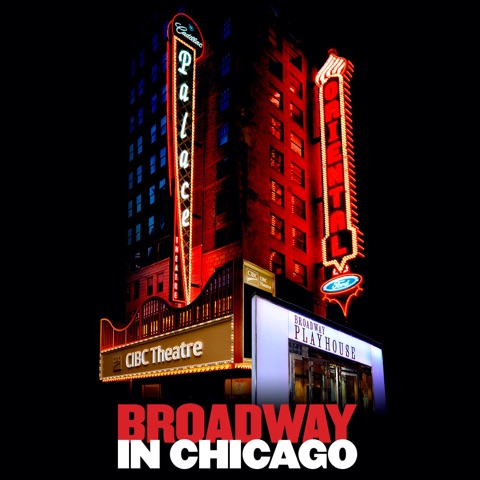
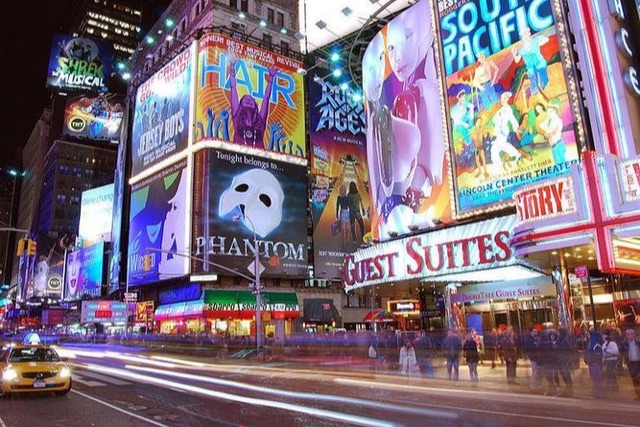
That’s hard to say. The bigger question is Midwestern and Eastern. The difference is the approach to life. There is more pressure of time and competition in terms of the social and economic interface in New York. Life is slightly more relaxed in Chicago. New York living is compressed.
There is the fever of New York. The lifeblood of New York is theater. Chicago is the second most important city in America. That’s my approach with the play-offs of my plays. In Chicago, the discernment in the audience, clearly with enough sophistication, education, and emotional quotient to support great theater, gives you a strong indication of how impactful the show will be in New York. You can access from a Chicago audience the long-term pattern of the show.
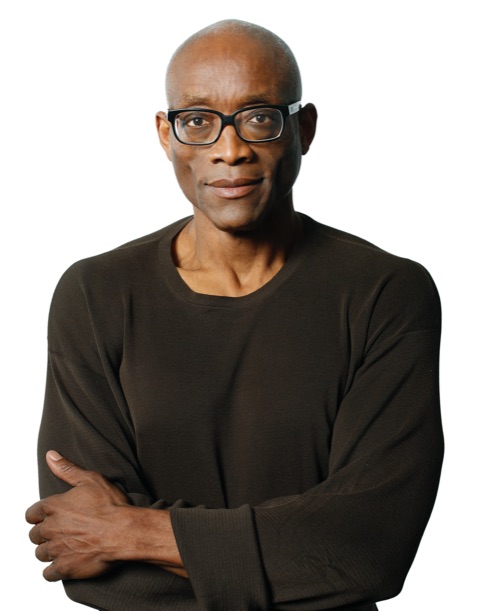
The cast is virtually half Black and half white. Mr. Bill Jones, the renowned choreographer, was the first to join the creative team.
I have a beautiful Four Seasons home on a lake north of Toronto (Canada). It functions as a reset as a getaway where I do great thinking and savors life. I enjoy the sweetness of the air and living a slower pace of life. I cherish music. I spend time listening to music. My taste is eclectic. I like Frank Sinatra, Stan Getz, and Quincy Jones. I am a fan of Joan Baez and Peter, Paul and Mary. I like Harry Belafonte and gospel music. I like Burt Bacharach.
I have had a fascinating life.
Single tickets for ‘Paradise Square‘ are now on sale. Tickets are available now for groups of 10 or more by calling Broadway In Chicago Group Sales at (312) 977-1710 or emailing GroupSales@BroadwayInChicago.com.
‘Paradise Square‘ will be a part of the new Broadway In Chicago subscription, which launches in August. For more information, visit https://www.broadwayinchicago.com/.

